Clean Energy Group
This analysis determines that the development of a system featuring solar, battery storage, and a backup gas turbine would be a viable and preferred alternative to a new gas-fired CC plant for meeting NJ Transit’s critical loads during severe weather-related outages.
These fact sheets introduce each of the six bonus credits available within the ITC for solar, wind, and storage projects. These fact sheets share who is eligible to apply for each credit and which credits can be paired together.
CEG submitted comments in response to the U.S. Environmental Protection Agency’s Request for Information seeking public comment on core design aspects of the Greenhouse Gas Reduction Fund. CEG’s comments focus on the importance of providing technical assistance funding support through the GGRF, particularly in support of projects being developed by under-resourced organizations and in service of historically marginalized communities.
Allowing low-income-serving entities to take direct payment of a tax credit they would not otherwise be allowed to take in order to offset the cost of adding solar and storage, both for relief of energy burden and for resilience, could increase the amount of solar and storage on low-income single-family homes, effectively addressing a deficiency in the Inflation Reduction Act.
CEG strongly recommends that the Treasury Department and the IRS fully account for the carbon emissions associated with powering electrolysis production of hydrogen through grid electricity and that the agencies do not allow for offsetting these emissions through market-based procurement mechanisms, such as RECs and PPAs.
Extreme heat is responsible for more weather-related deaths than any other weather event. Community service providers and emergency preparedness leaders scramble each summer to ensure those at high risk – including electricity-dependent, medically vulnerable, and elderly individuals as well as those without access to in-home air conditioning – have access to cooling centers, air-conditioned locations…
Clean Energy Group has published a fact sheet answering four commonly asked questions about fuel cells – what they are, what they can be used for, drawbacks, and potential benefits.
CEG submitted comments to the Massachusetts Energy Efficiency Advisory Council recommending that equity provisions be developed and implemented into the ConnectedSolutions program.
Clean Energy Group submitted comments opposing the development of 84 megawatts of gas combustion turbines proposed by Passaic Valley Sewerage Commission for its main wastewater treatment facility in Newark, New Jersey.





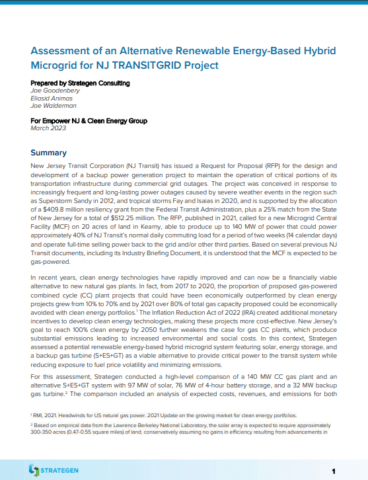

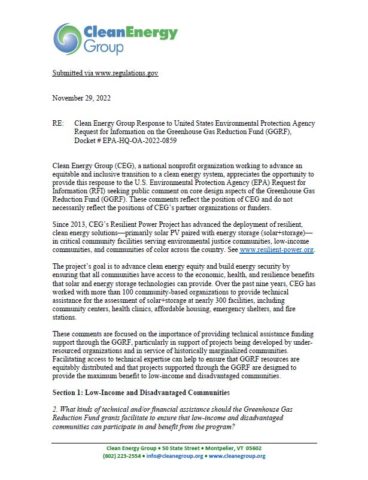
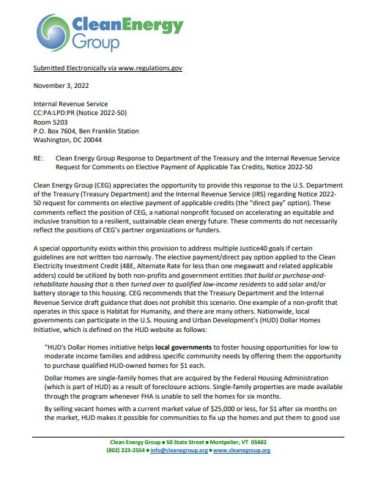
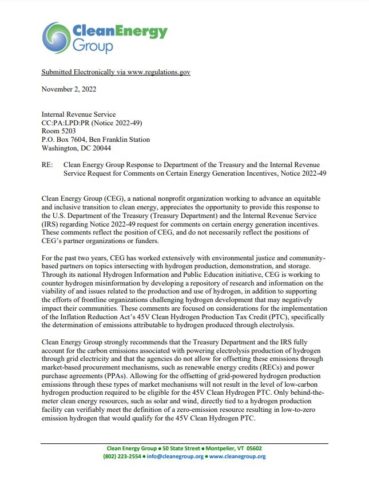
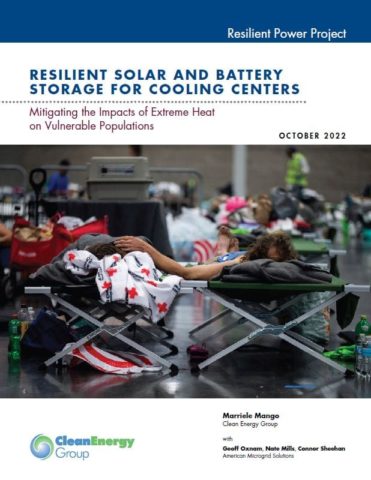
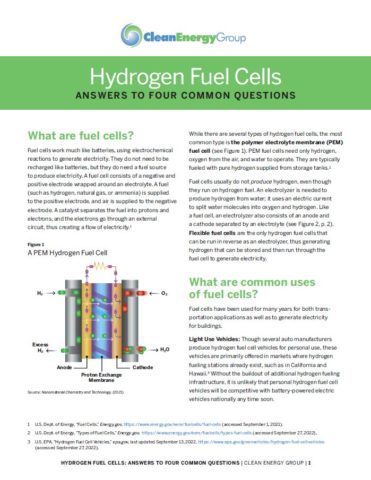
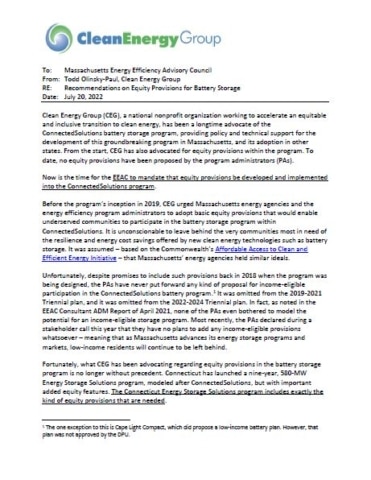
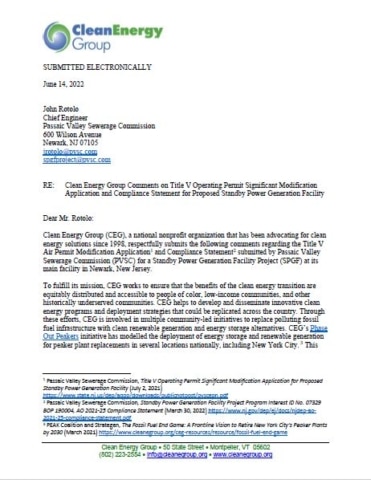
Comments on New Jersey Energy Storage Incentive Program Straw Proposal
Clean Energy Group and the Clean Energy States Alliance submitted comments to the New Jersey Board of Public Utilities on the New Jersey Energy Storage Incentive Program Straw Proposal.